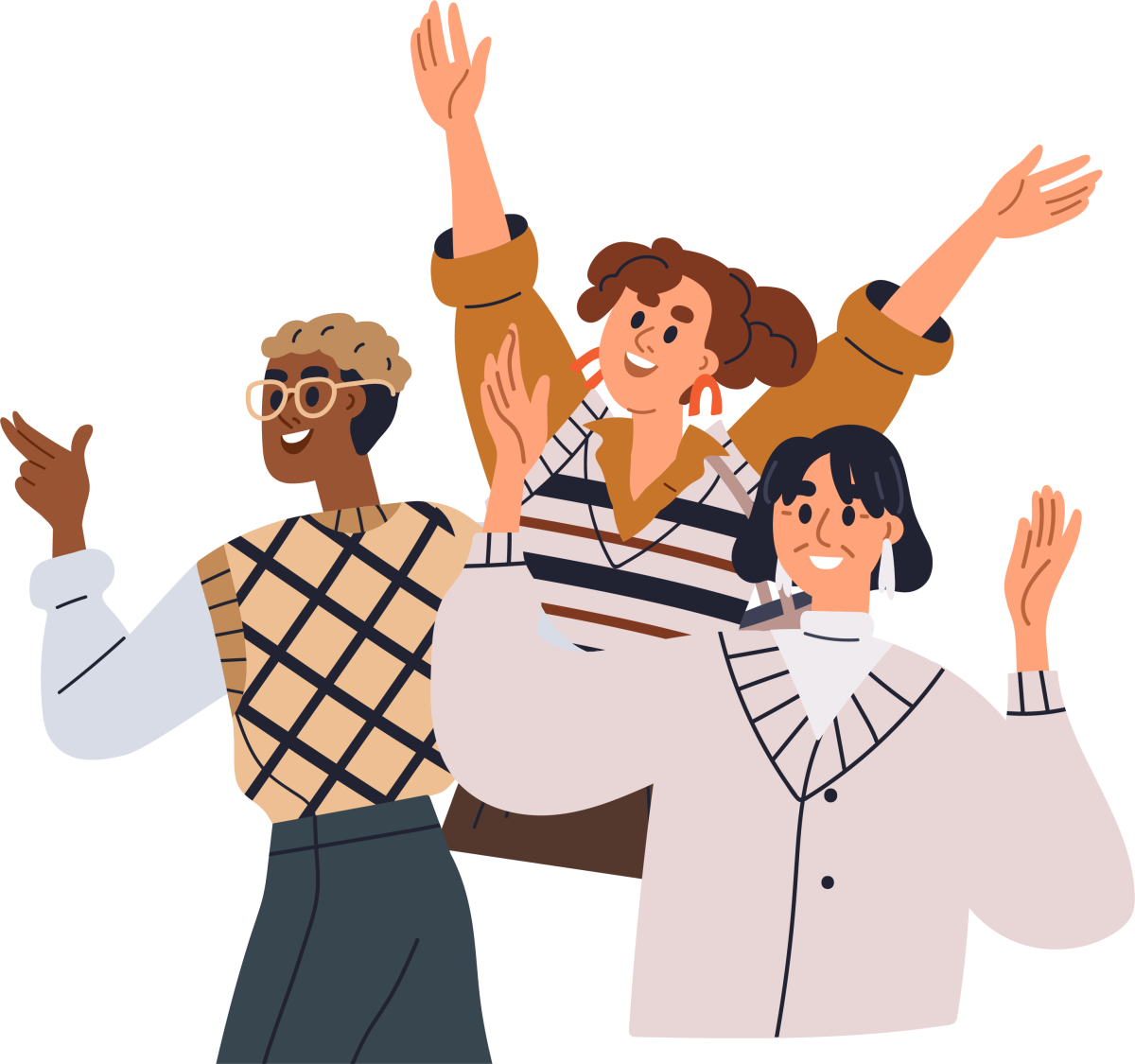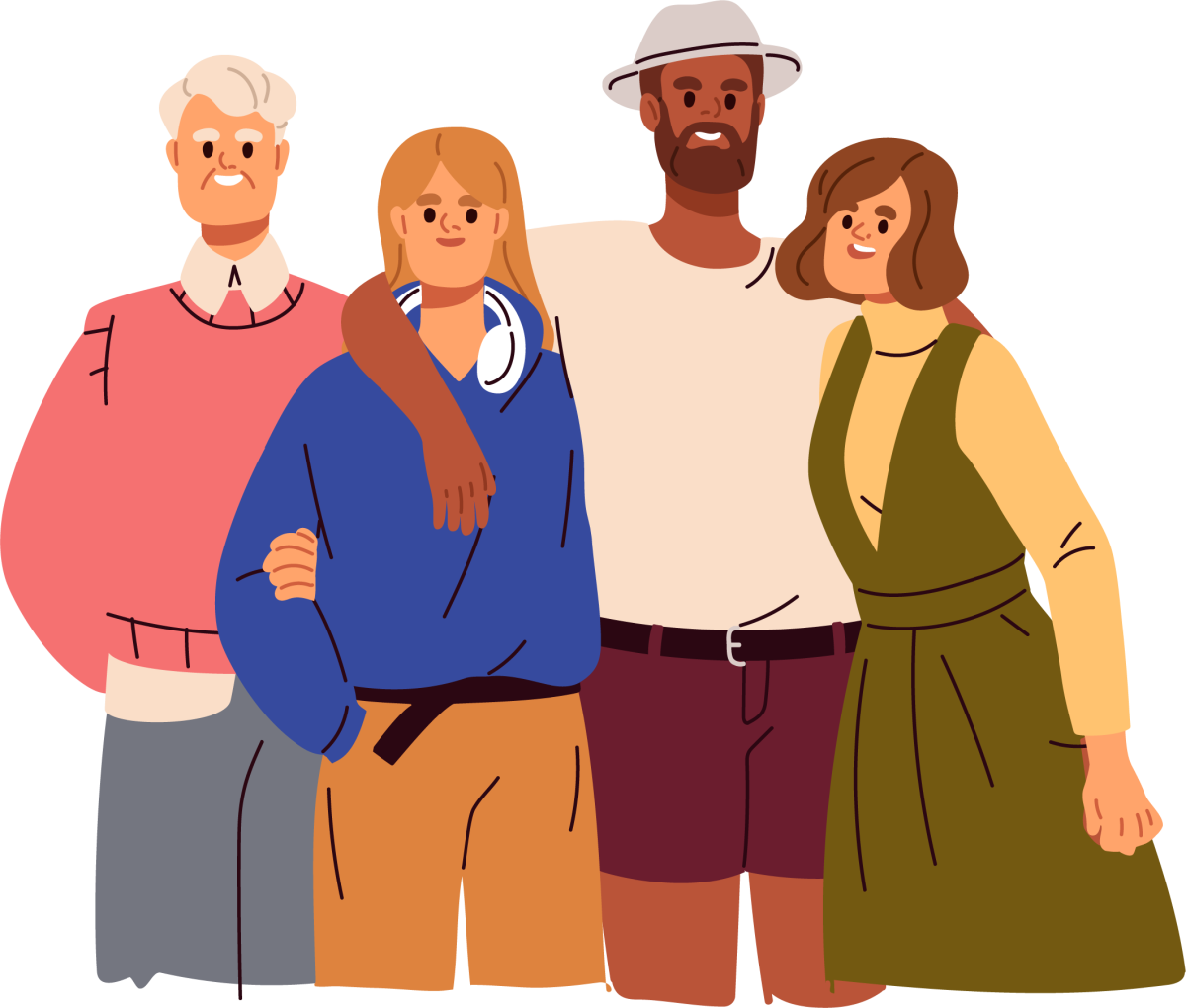GM Mental Wellbeing Grants
Aims/priorities: The communities this programme hopes to reach includes:
Rochdale
Aims/priorities: The communities this programme hopes to reach includes:
Aims/priorities: This is the second round of the Fund which focuses on supporting user-led LGBT+ organisations working with targeted under-represented and under-resourced communities.
The aims of the fund are to:
Aims/priorities: The Trust’s grants are split into two strands:
Who can apply? Applications are welcome from educational establishments and charities based in the UK and working predominantly in England.
Aims/priorities: The funding aims to support smaller charities and good causes in the north of England to make a difference to their community for the benefit of people and planet.
Who can apply? Local charities and other not-for-profit organisations based and working in the north of England can apply.
To be eligible, applicants must have:
Aims/priorities: The funding is for pilot projects or new approaches. Projects will address the needs of geographically dispersed communities of Veterans affected by a specific issue. They will most likely be run on a national or regional basis or, exceptionally, in densely populated localised areas.
Projects must meet the following outcomes:
This programme is being launched under the Armed Forces Covenant Fund Trust’s three-year Funding Framework which will award £30 million in grants over the next three years.
The funding is for projects that explore and pilot solutions for family members-collectively and as individuals of wounded, injured and sick serving personnel or Veterans.
Projects will need to meet at least one of the following outcomes:
COSARAF is offering grants of up to £2,000 to organisations that support families and individuals from across the UK who are in financial need and struggling with everyday costs such as basic expenses, utilities, or rent arrears.
Through the Hardship Granta Programme, recognised third-party social organisations, such as charities, housing associations, schools, and social services which are acting on behalf of a family or individual in need, can apply for funding to support vulnerable individuals with costs such as:
Founded by Inclusive Employers, National Inclusion Week (NIW) is a week dedicated to celebrating inclusion and taking action to create inclusive workplaces. This year it takes place from 23rd – 29th September.
The theme for National Inclusion Week 2024 is ‘Impact Matters’: a call-to-action to everyone in your organisation, from leaders, to inclusion professionals through to teams and individuals.
Here are some of the ways we are creating an inclusive workplace at Action Together, and some suggestions for where to start at your organisation.
At Action Together, we recognise that our strength comes from our diversity, so we are constantly working to be as inclusive as possible. Here are just some of the things we have done over the past couple of years:

If you want to be a more inclusive organisation but are struggling to know where to begin, these can be some useful starting points:

Language changes all the time, and we know that this can feel intimidating, but here are some tips for being confident in conversations about inclusion.
Equity (and equality) – equity is giving people different resources according to their need. For example, not everybody in a hospital should be given the same treatment – they should be given the treatment that is most appropriate for them. Equality is everybody having the same outcome, so in our hospital example we would want everybody to be equally healthy after their treatment.
Diversity – diversity is a way of describing the differences in a group of people. A group with individuals from different genders, races, religions and lived experience is a diverse group. An individual cannot be ‘diverse’, because they only have one set of experiences etc. – their own.
Inclusion – inclusion is the active process of making everybody feel like they are valued and they belong.
Anti-racism – anti-racism is the active process of working to dismantle and fight against racism and racist structures.
Neurodiversity – neurodiversity is a way of describing the different ways our brains work. Within a given group, some people may be neurotypical (the world has been built to fit the way their brains work) and some people may be neurodivergent (their brains work in different ways from how society ‘expects’ them to). This may include autistic people or people with ADHD, but there are many other types of neurodivergence. An individual cannot be ‘neurodiverse’, as they only have one brain.
Gender – gender is different from sex – it doesn’t have anything to do with our bodies and instead describes the social, cultural and behavioural ideas of being a man, woman, or other gender identity.
Trans (transgender) – transgender refers to anybody whose sex doesn’t align with their gender. The opposite of transgender is cisgender, and this refers to people whose sex and gender do align (for example if you are a man who was born male, or a woman who was born female).
Non-binary – a non-binary person is somebody whose gender identity doesn’t align completely with either ‘man’ or ‘woman’. This can mean different things for different people: for some people it means their identity changes over time, for some it means they identify with multiple genders, and some people prefer not to use gender labels at all.
Gender non-conforming – somebody might describe themselves as gender non-conforming if they don’t align with the expectations of being a cisgender man or woman.